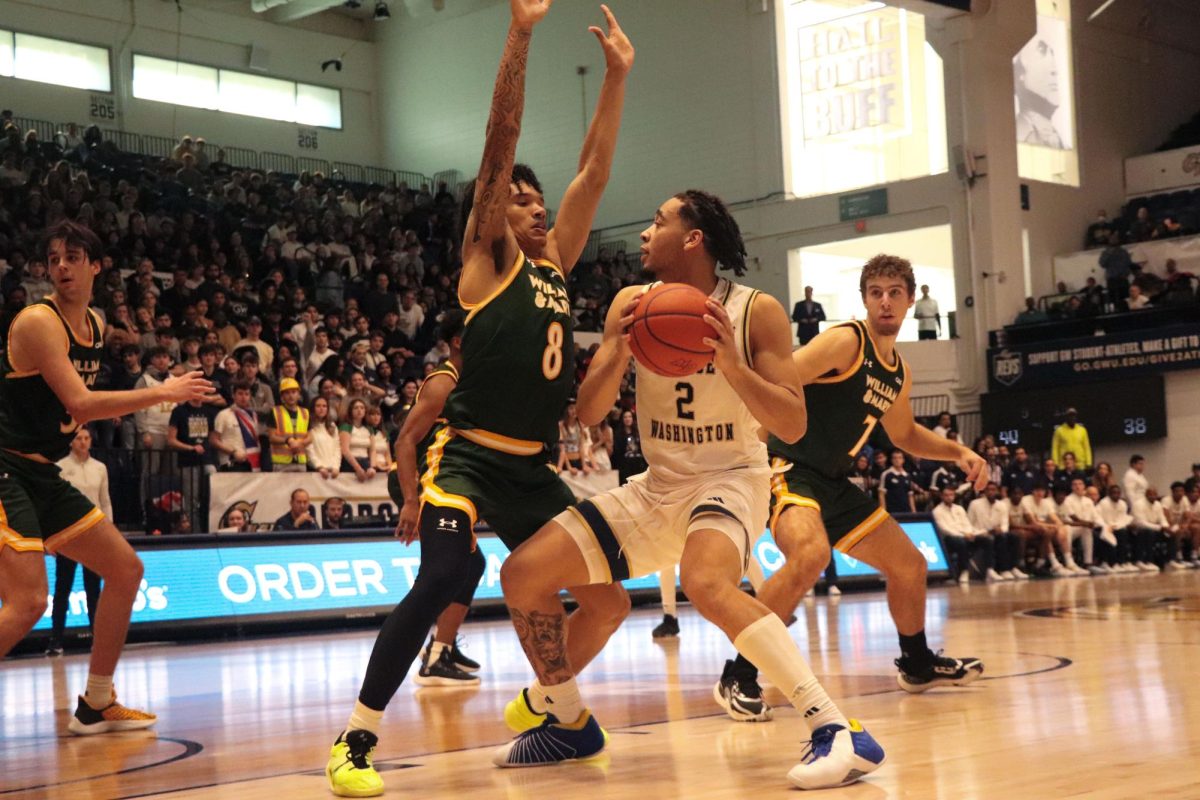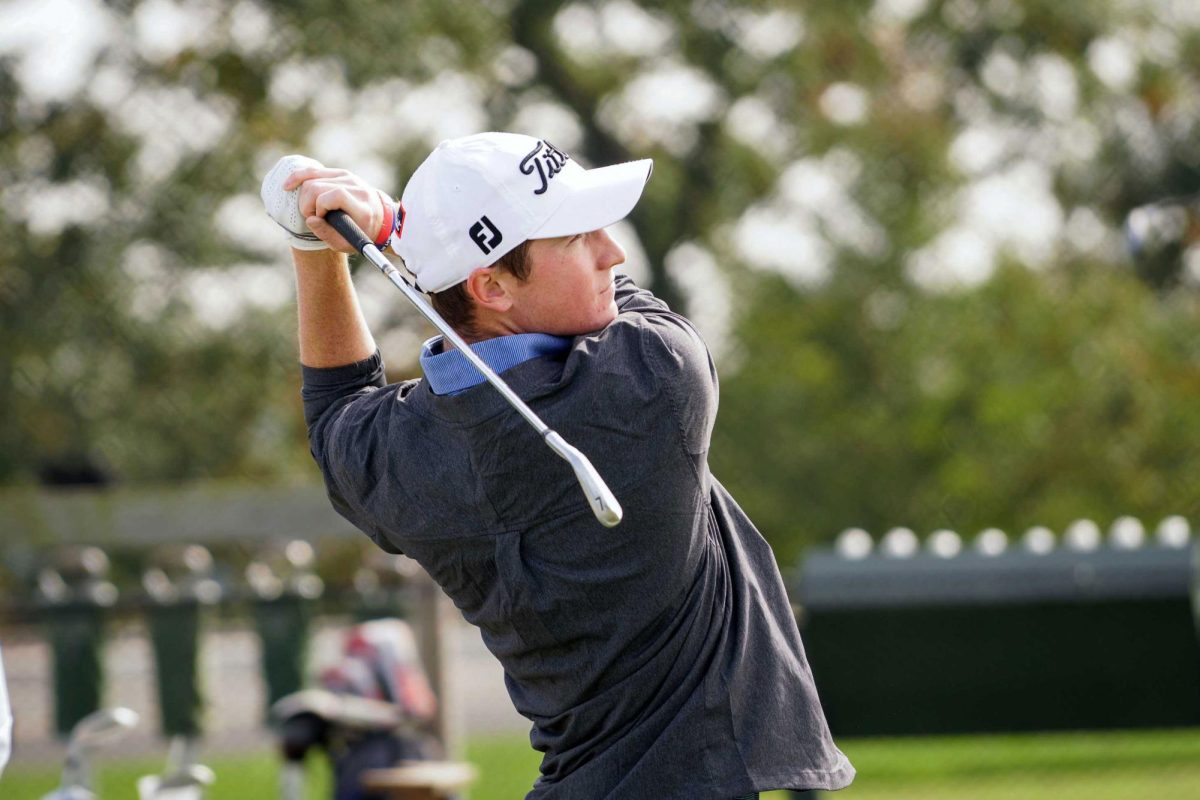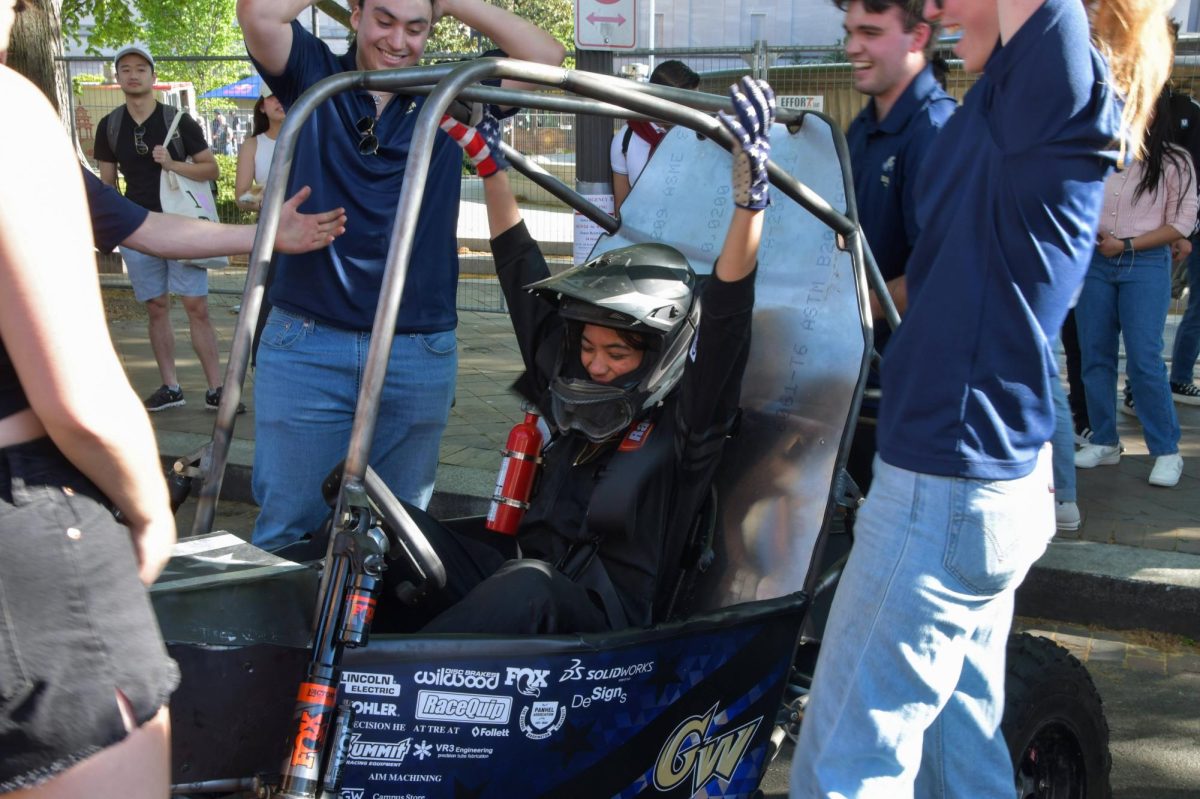The criminal investigation of Kobe Bryant is over, and every news channel is saturated with sickening amounts of analysis. But even after meticulously sifting through the non-stop television coverage, newspaper articles and evidence presented in the non-trial, we can draw only one conclusion: sexual assault is a crime society still doesn’t know how to handle properly, especially with athletes.
Bryant’s accuser was so stressed (understandably so) that she refused to go on with her case against the NBA star. Thus, it’s unclear whether he’s guilty, innocent or somewhere in between. He is still an accused rapist, and will be for the rest of his life. He’ll never get a chance to clear his name, just as his accuser won’t be able to tell her side of the story.
The questions remain. Why does this happen? And how does it keep happening?
Part of the reason lies in the fact that people are often discouraged from coming forward after they are assaulted. If a woman makes an accusation, certain authority figures try to sweep the allegations under the rug in order to save their own behinds.
An example of this discouraging trend can be seen right here in the Atlantic 10. In late July, La Salle men’s basketball coach Billy Hahn and women’s coach John Miller both resigned amid multiple rape allegations against players.
Gary Neal and Michael Cleaves, two of La Salle’s men’s basketball players, were accused of rape at a camp Miller ran in New Haven, Conn. Soon after that, a former player on the La Salle women’s team accused a member of the men’s team of rape, and then said Hahn discouraged her from coming forward.
Again, it is unclear whether the accusations are true. But such a serious charge should not be simply dismissed as an inconvenience. Hahn clearly wanted to protect his program, but completely forgot he was supposed to protect a traumatized woman.
Hahn went on to say the alleged victim did not want him to tell authorities what happened. Admittedly, there are ambiguities. Maybe she didn’t want him to press on. Maybe he discouraged her.
But Hahn, as well as any other university administrator who hears accusations, is obligated to tell authorities. The Clery Act, a law passed in 1990, requires colleges to disclose information about crimes on campus.
Even if he didn’t know the law, it’s not his place to keep these accusations quiet. Even if a victim does not initially want to come forward, it is not up to Hahn to decide.
When allegations surface, they should be dealt with swiftly. If Hahn and his coaching staff reported the first victim’s claims, then maybe Neal and Cleaves would have seen what happened, smartened up, and never put themselves into a situation where they could have been accused of rape.
Unfortunately, this stuff has been happening for too long. A few years ago, the GW men’s basketball program had its own scandal. In 2001, Atilla Cosby, the team’s leading scorer, was accused and convicted of multiple sexual assault charges.
When the charges were filed, head coach Tom Penders kept the accusations quiet and failed to inform GW Director of Athletics Jack Kvancz about what happened. Eventually, Penders resigned, but not before the damage had been done.
It’s true, professional and college athletes and coaches are high profile people. Maybe they’re more susceptible to certain accusations. But no one – not Kobe, not Cleaves and Neal, and not Hahn – should trivialize sexual assault.
If the allegations are ignored, things will get worse than they already are. It happened at La Salle. It happened at GW. And unless people learn from these events, it will happen again.







